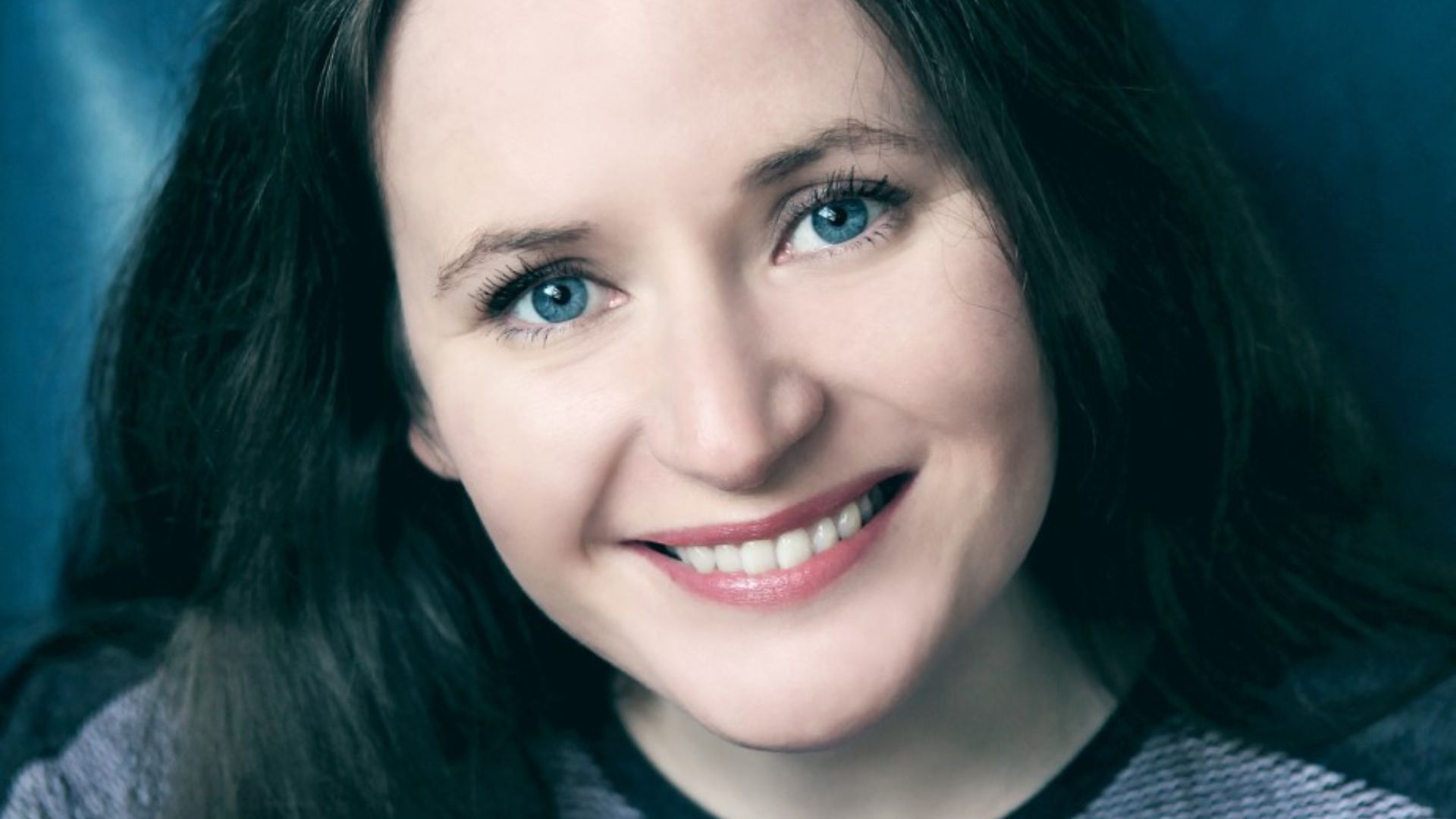
Writing a novel is akin to having a big secret rolling around in your head for years at a time. Then when you happen to be in the privileged position of sharing it with the rest of the world, it’s the strangest feeling. A part of you is out there, making its way onto people’s Kindles and bedside tables, and popping up in social media feeds, apparently having the time of your life. But you have to remind yourself that it’s not actually you.
At first, it feels deeply exposing. As my debut novel, Where They Lie, hits shelves, I’ve been keeping an eye on sites like NetGalley and Goodreads. Initially, I have to admit, I mostly read through my fingers. But I can’t stay away, even though writer friends much further along in their careers than I have warned that reading your own reviews is a form of self-harm.
Although my main character, journalist Nicoletta Sarto is my creation, she is definitely not me. And as the reviews roll in, I can rationally acknowledge that. So, as the process has inched towards my publication date, distance has been finding its way into my perspective, and I’m now enjoying reading early readers’ opinions. The thing I find interesting is that Nicoletta seems to have a polarising effect on her audience; she might be perceived as the literary equivalent of Marmite. Some people say they love her, and some people really don’t like her at all. The very notion of a being considered likeable or unlikeable is so subjective; I find it fascinating. And it’s got me thinking about why it might be necessary to identify with or to even like the main character, in order for a reading experience to be positive.
When we think of the most ‘unlikeable’ female character of recent years in popular culture we think of ‘Amazing’ Amy Dunne, from Gillian Flynn’s trend-setting novel and subsequent film adaptation of the early 2010s, Gone Girl. Amy certainly garnered many strong opinions with readers and viewers, arguably more so than her husband Nick. I’ve often wondered why that is. Are even fictional women judged more harshly than their male counterparts? Or perhaps it’s that women are acknowledged as higher consumers of fiction than men, which brings with it a greater need to identify with a female protagonist?
I must confess that I don’t know the answer. All I can share is the secret that’s been percolating in my mind for the last few years, which is Nicoletta’s story. Because surely if all fictional characters were ‘nice’ and consequently ‘likeable’ at all times, they’d never get over the inciting incident/call to action at the beginning of the novel. No, they’d turn it down, stay in their lane, so to speak, and we’d never have a story at all. As novelists, we can put our characters in punishing situations that we’d never tolerate in real life; make them say and do outrageous things and still have them defy the odds to live to tell the tale. What’s not to like about that?

Published by Simon and Schuster UK Hbk/Ebook February 01, 2024